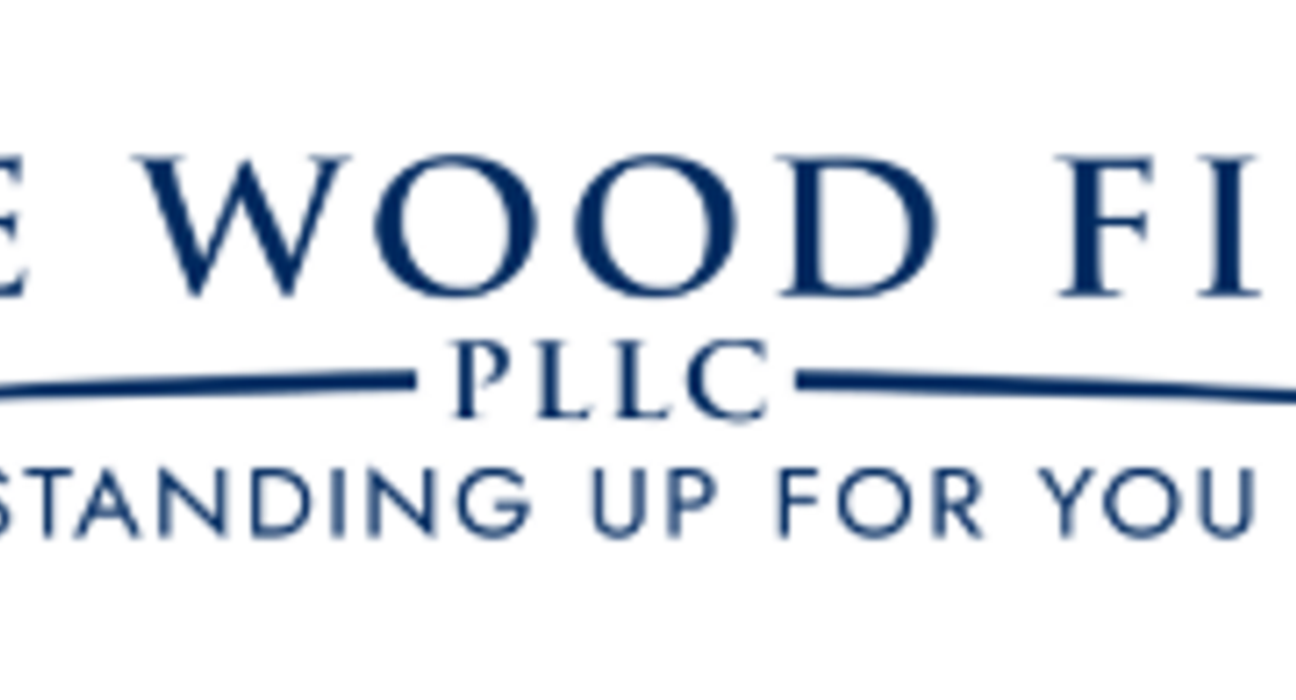In today’s complex financial environment, dealing with debt can be stressful and overwhelming. Many individuals find themselves facing persistent calls, letters, and sometimes threats from debt collectors. While it is important for collection agencies to recover debts legally, there are strict rules that govern their behavior. One common issue consumers face is Collection Agency harassment, which can significantly impact mental health and financial stability.
What Constitutes Collection Agency Harassment?
Collection agency harassment refers to aggressive, deceptive, or abusive tactics used by debt collectors to force payment. This may include constant phone calls, threats of legal action, public shaming, or contacting friends and family about your debts. Such behavior violates the Fair Debt Collection Practices Act (FDCPA) and other consumer protection laws in many countries.
Typical examples of harassment include:
-
Calling multiple times a day or at unreasonable hours
-
Using offensive language or threatening physical harm
-
Misrepresenting the amount owed or legal consequences
-
Contacting third parties to pressure payment
It is crucial for consumers to recognize these tactics and understand that they have legal protections against them.
Legal Protections Against Harassment
The FDCPA in the United States provides a framework to prevent abusive collection practices. Some key protections include:
-
Restricted Communication Times: Collectors cannot contact you before 8 a.m. or after 9 p.m. unless you give permission.
-
Ceasing Contact on Request: You can request in writing that the collector stops contacting you, except to inform you about legal action.
-
Prohibition of Threats or Deceptive Practices: Collectors cannot threaten arrest, wage garnishment, or falsely claim legal authority they do not have.
-
Protection of Personal Information: Collectors cannot share your debt details with your employer, neighbors, or family members.
Violating these rules can lead to legal consequences for the collection agency, including fines or lawsuits.
How to Identify Harassment vs. Legitimate Collection Practices
Not all persistent calls from a debt collector constitute harassment. Legitimate debt collection is characterized by:
-
Providing clear identification and debt details
-
Communicating professionally without threats
-
Offering repayment plans or solutions
If a debt collector repeatedly ignores your requests to stop or uses threatening behavior, it qualifies as harassment. Documenting all interactions, including dates, times, and the nature of the communication, is essential when filing complaints.
Steps to Take if You Are Being Harassed
If you believe you are a victim of collection agency harassment, there are several steps to protect yourself:
-
Know Your Rights: Familiarize yourself with the FDCPA or your local consumer protection laws.
-
Document Everything: Keep a detailed log of calls, letters, and emails. Record threats or abusive language.
-
Send a Written Request: Clearly ask the collector to stop contacting you except for legally required notifications.
-
File a Complaint: Contact the Consumer Financial Protection Bureau (CFPB) or your local consumer protection agency.
-
Consult an Attorney: In severe cases, a lawyer specializing in consumer rights can help pursue legal action for damages.
Tips for Managing Debt Without Stress
While dealing with debt collectors can be intimidating, taking proactive steps can reduce stress and prevent harassment:
-
Create a Budget: Track income and expenses to identify areas where you can allocate money for debt repayment.
-
Negotiate with Creditors: Contact creditors directly to arrange a payment plan before a collection agency is involved.
-
Consider Debt Counseling: Nonprofit credit counseling agencies can provide guidance and negotiate with creditors on your behalf.
-
Avoid Ignoring Debt: Ignoring debt can escalate collection efforts, making harassment more likely.
The Importance of Staying Informed
Understanding the legal boundaries of collection practices empowers consumers. Harassment can affect mental health, lead to financial mistakes, and even cause legal confusion. Knowing your rights and taking strategic steps can reduce stress and ensure that you are treated fairly by debt collectors.
Conclusion
Collection agency harassment is a serious issue that affects countless individuals. Recognizing abusive practices, knowing your rights, and taking informed action are key to protecting your financial and emotional well-being. Remember, debt collectors have a legal responsibility to treat consumers respectfully. You have the power to enforce these protections and prevent harassment while managing your debt effectively.





